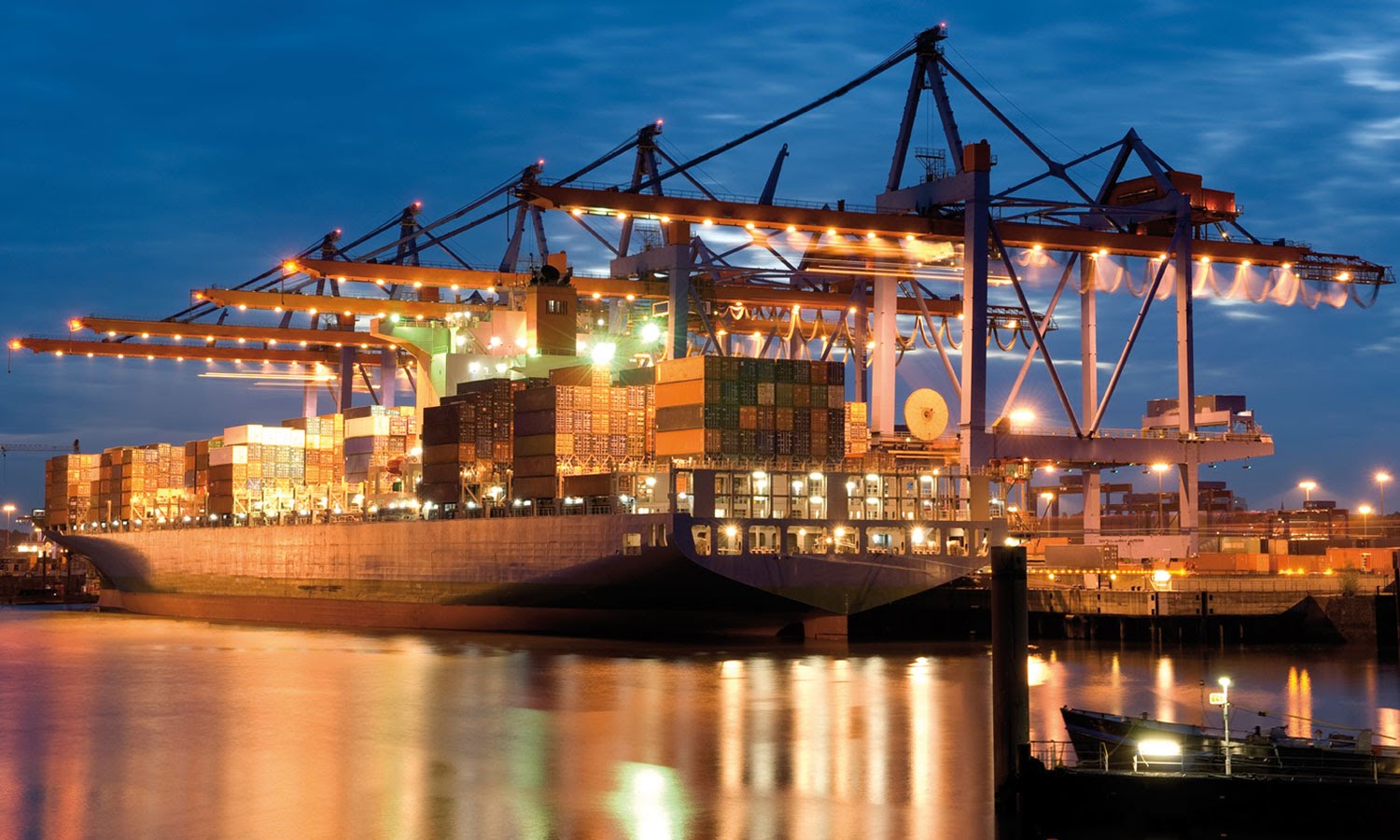- Surcharge: Clearing Agents Threaten to Boycott CMA CGM Services
The plans by a foreign shipping line, CMA CGM, to impose congestion surcharge on Lagos ports as a result of what it describes as high operational cost incurred due to the recent strike embarked upon by the Nigeria Labour Congress have attracted threats of a boycott by clearing agents.
On Friday, the shipping line indicated that it planned to impose the congestion surcharge on Lagos ports.
It wrote on its website, “Port congestion at Lagos ports, Nigeria, is currently increasing our operational costs and generating severe service disruption for several weeks.
The firm said with effect from October 15, all importers would prepay $400 for 20-foot container of dry, reefer OOG and bulk cargoes coming to Apapa and Tin Can Island ports.
This, the firm announced, would be in addition to their ocean freight.
The National Publicity Secretary, Association of Nigerian Licensed Customs Agents, Dr Obicee Okonkwo, maintained that the shipping line was not expected to impose arbitrary charges on anybody without due consultation with the authorities involved.
He said, “The people that are going to be directly affected by the charge are the importers, the clearing agents and the final consumers. The charge will make cargo delivery expensive. They can either reverse it or go ahead and risk people boycotting their services.”
In a statement, the Vice president of ANLCA, Kayode Farinto, advised all Nigerian importers to stop shipping their cargoes through the company.
He argued that already, shipping companies were collecting N60,000 administrative charge on all 40-foot containers, despite the contract of affreightment entered into by the importer and the shipping lines abroad and payment of freight.
He said, “We have carefully looked at the proposed congestion surcharge being planned on Nigeria-bound cargo by CMA CGM, which will commence on October 15 and we want to say that, we don’t know why it is being proposed because we don’t have congestion at our ports. There are questions that need to be asked when you talk about placing surcharge on a cargo.
“The first one is contract of affreightment, which has been entered into by the importer and the shipping lines. If you now slam a charge on them called congestion surcharge, the question is: do we have congestion at our ports? The answer is no.”
He said, “Even if there are operational challenges in the port that attract additional cost, does this warrant slamming congestion surcharge on Nigerian-bound cargo? But because they have been doing it and nobody has challenged them, this time around, we are challenging them and we are saying that it is illegal; it negates the Federal Government’s policy on ease of doing business. And we are advising importers not to ship their cargoes through CMA CGM from October 15; they should look for any other shipping line that is not collecting such money.
“This is obtaining money under false pretence, which is a criminal offence, and if CMA CGM goes ahead to collect this charge, we would arrest the managing director of CMA CGM and drag ourselves to the EFCC. Whatever is collected from Nigerian importers would be paid back to them.”
The Coordinator, Save Nigeria Freight Forwarders, Dr Osita Chukwu, also described the surcharge as illegal.
He said, “Any charge without following due process is illegal and people that pay it do not know what they are doing.
“The offence attracts a three-year prison sentence. There is maritime law that regards that as stealing. That is how Ports and Cargo imposed N127,000 royalty on importers but the Nigerian Shippers’ Council directed them to refund the money to people that had paid.
“The process of getting such fee is by applying to government and explaining the reason for the surcharge and until the government approves, they cannot go ahead and charge.”
The NSC has said it is not notified officially of the planned surcharge.
The Executive Secretary of the council, Hassan Bello, said until the council gave a go-ahead, the surcharge remained illegal.
“There is no such charge. There is nothing like that and if there is an intention to do that, it is null and void until they have negotiated with the NSC and until the council gives them the go-ahead, it will be illegal.”
The Director, Monitoring, Enforcement and Compliance, NSC, Mr Cajetan Agu, told our correspondent in a telephone interview that if the charge must be imposed on Nigerians, there was a process for it.
“But we have not received any official correspondent to that effect,” he said.

 Naira4 weeks ago
Naira4 weeks ago


 Naira4 weeks ago
Naira4 weeks ago


 Naira3 weeks ago
Naira3 weeks ago


 News4 weeks ago
News4 weeks ago
 Travel4 weeks ago
Travel4 weeks ago




 Naira4 weeks ago
Naira4 weeks ago


 Jobs3 weeks ago
Jobs3 weeks ago
 Naira3 weeks ago
Naira3 weeks ago






















